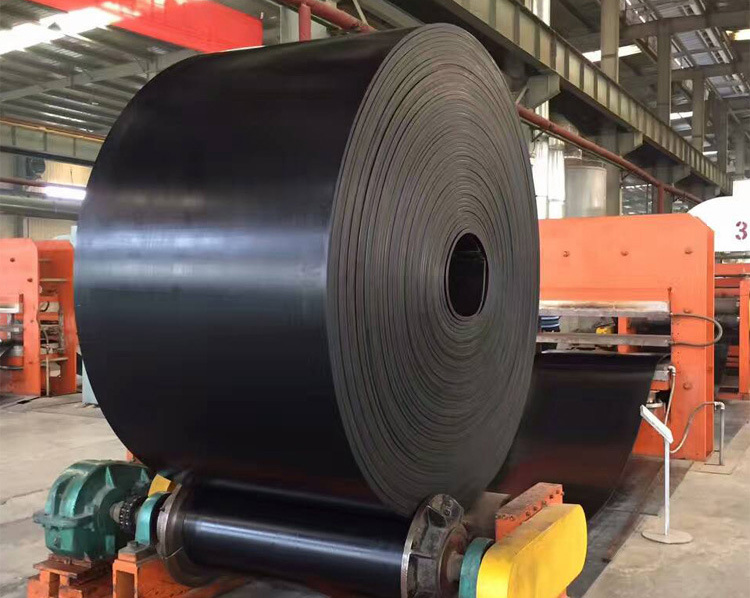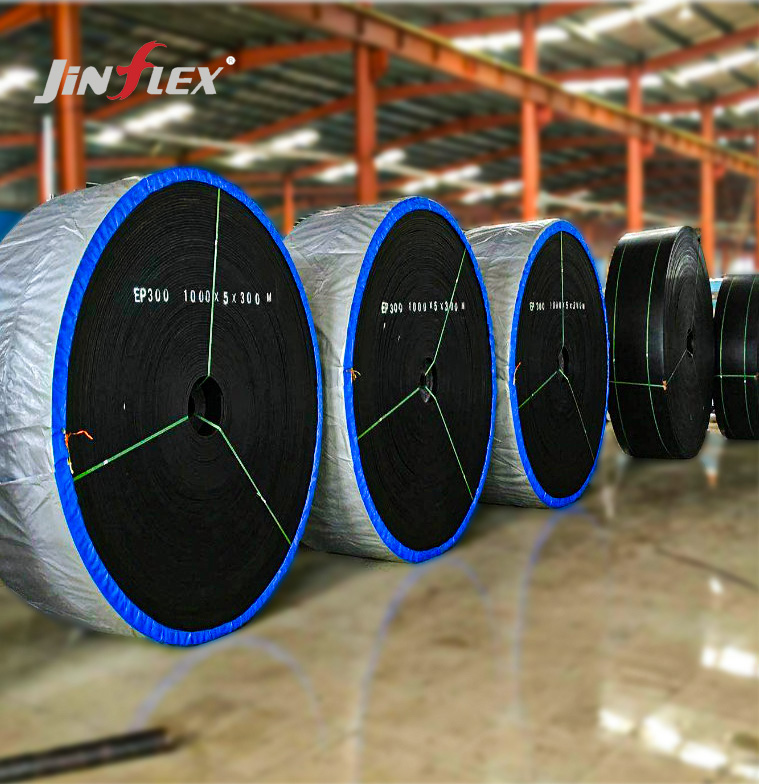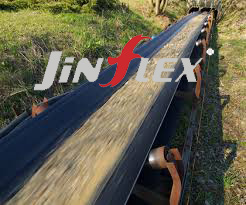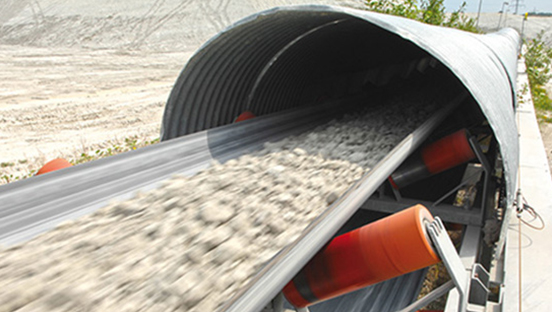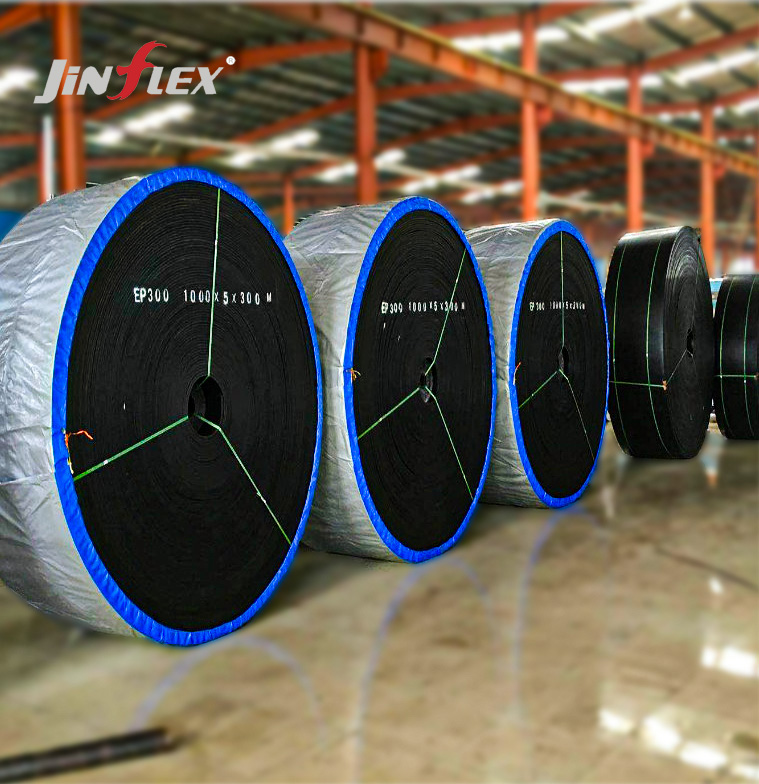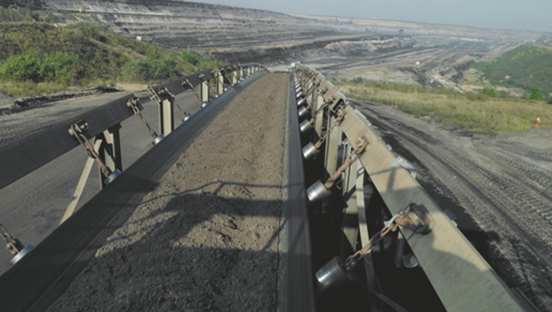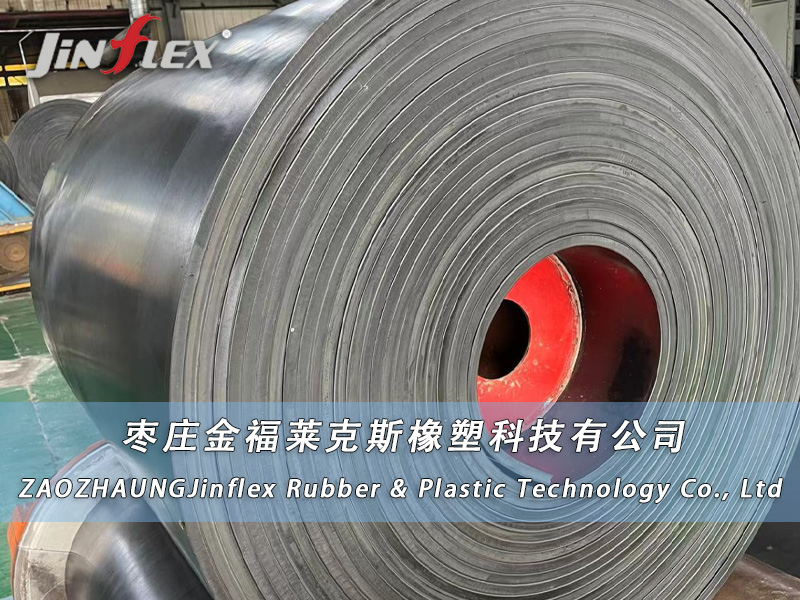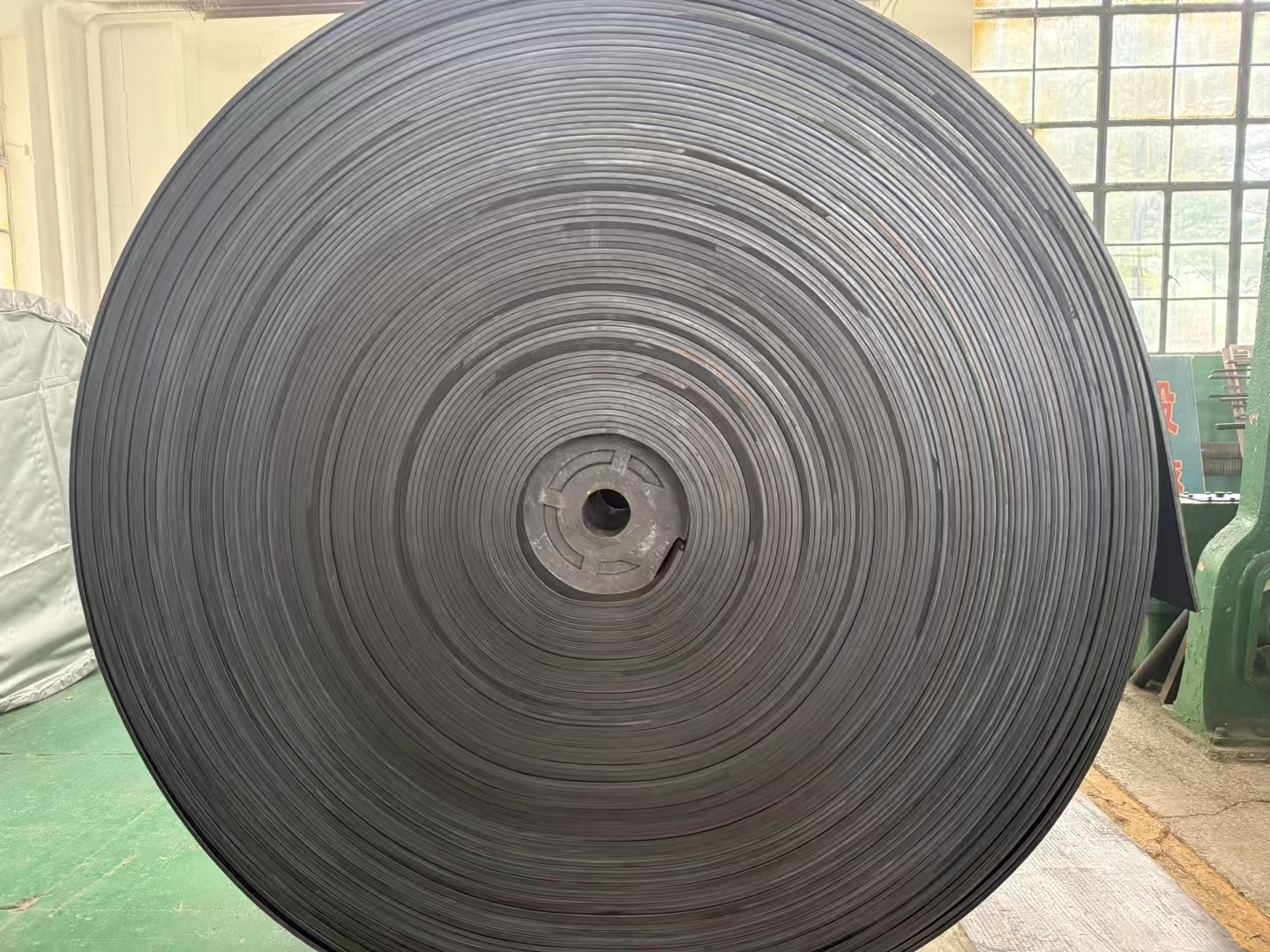Uncovering the Mysteries of Layered Fabric Core Conveyor Belts
In modern industrial production, conveyor belts are like hard-working "transmission messengers", silently transporting materials from one place to another. Among them, the layered fabric core conveyor belt has become a leader in many industries with its unique structure and performance.
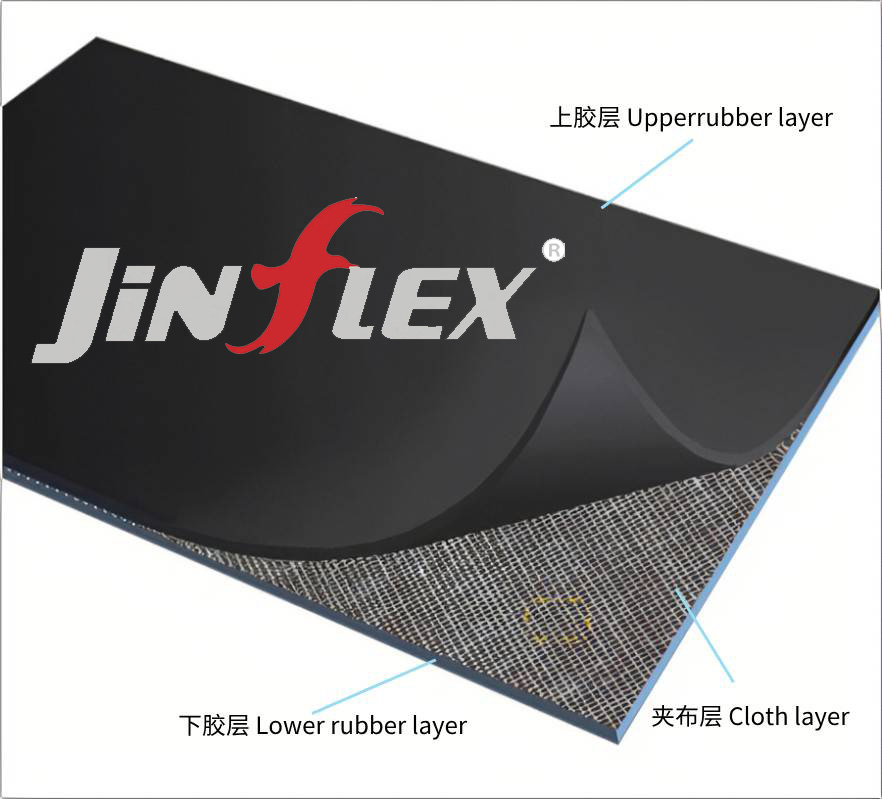
The structure of the layered fabric core conveyor belt, as its name suggests, presents a layered and interwoven aesthetic. At its core, it is constructed from a high-strength, abrasion-resistant fabric core that provides strong support and stability to the conveyor belt. Surrounding the fabric core are several layers of specially treated rubber or plastic covering layers. These covering layers not only protect the fabric core from erosion by the external environment, but also give the conveyor belt excellent wear resistance, oil resistance, acid and alkali resistance. etc. performance.
It is worth mentioning that the layered fabric core conveyor belt is designed with mechanical balance and stability in mind. Through reasonable lamination design and precise process control, the conveyor belt can maintain a stable operating state when subjected to heavy loads and high-speed operation, greatly reducing the failure rate and maintenance costs.
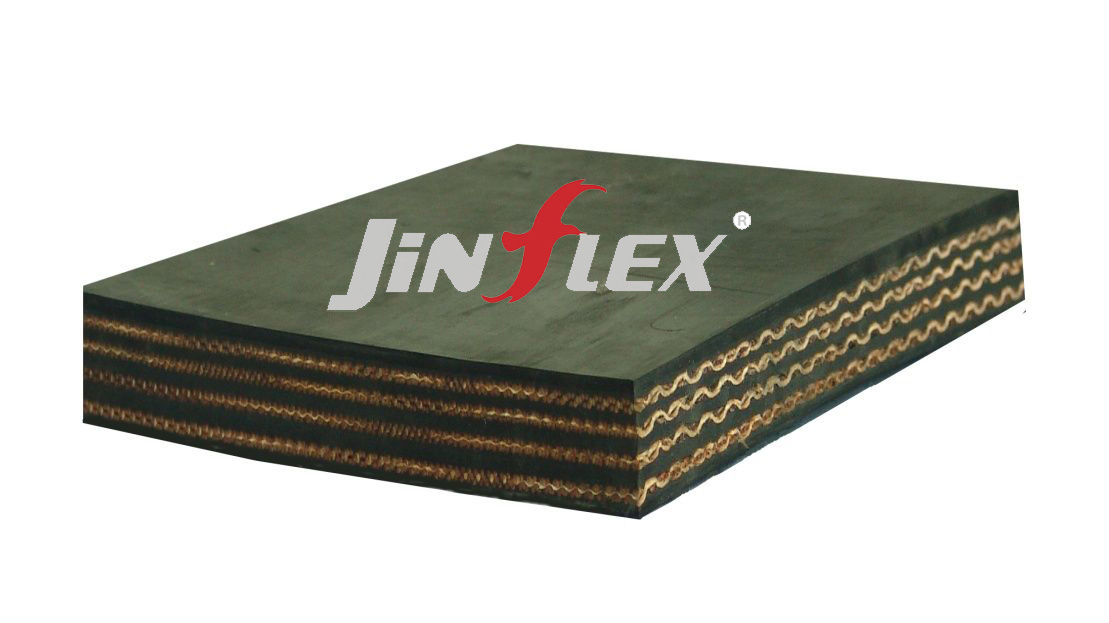
In addition, the layered fabric core conveyor belt also has good flexibility and bendability, which allows it to adapt to various complex conveying environments and equipment. Whether in harsh environments such as mines and ports, or in high-precision requirements such as food and medicine, layered fabric core conveyor belts can provide reliable material transportation solutions for industrial production with their excellent performance.
In short, the layered fabric core conveyor belt has become an indispensable and important equipment in modern industrial production with its unique structure and performance. It can not only improve production efficiency and reduce operating costs, but also provide a strong guarantee for the sustainable development of enterprises.

